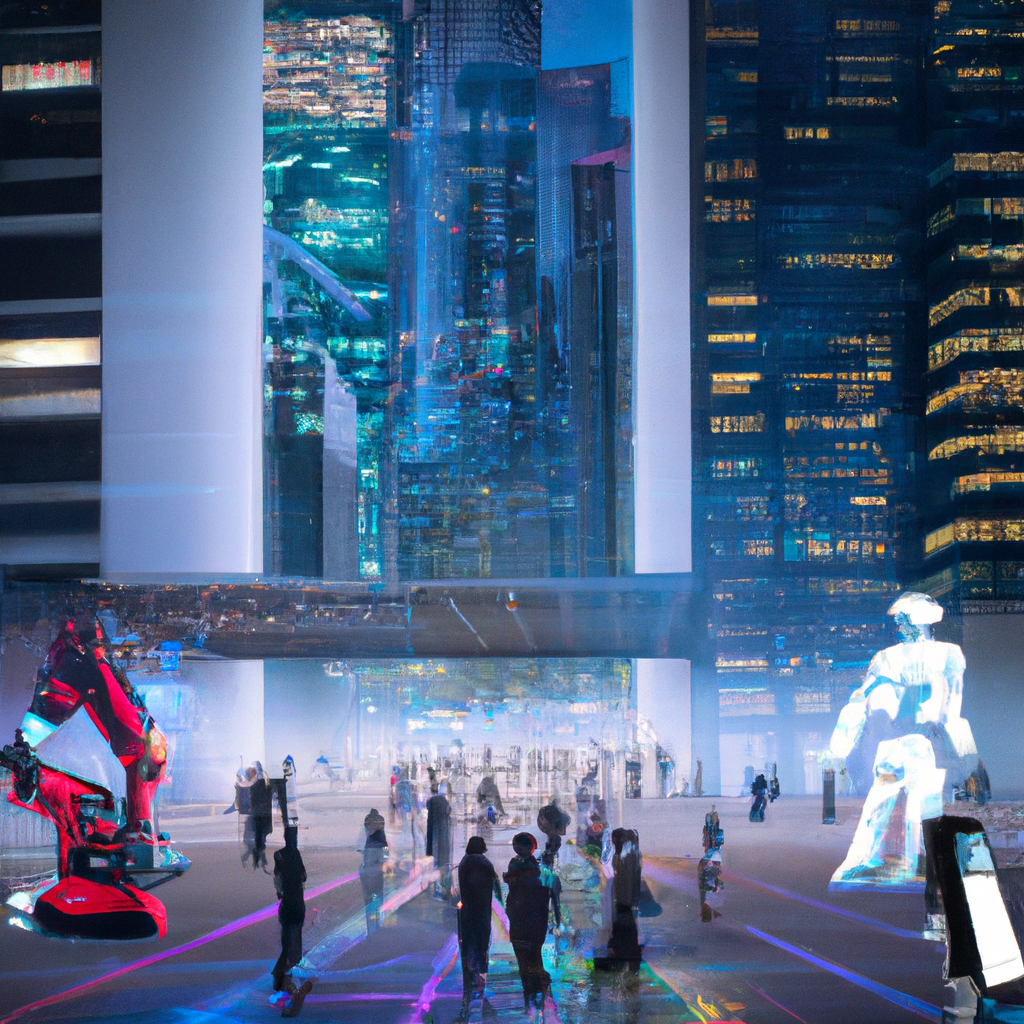Revolutionizing Tomorrow: A Deep Dive into the Evolution of Artificial Intelligence
As we navigate through the second quarter of 2025, the evolution of Artificial Intelligence (AI) continues to reshape industries, societies, and everyday lives. This blog post explores the transformative journey of AI from its inception to its current state and anticipates its future trajectory.
The Beginnings of AI
The concept of AI, initially theoretical, has roots tracing back to the mid-20th century. Early pioneers like Alan Turing and John McCarthy set the foundational theories that propelled AI from science fiction to reality.
Milestones in AI Development
Significant milestones include the development of the first neural networks in the 1980s, the victory of IBM’s Deep Blue over chess champion Garry Kasparov in 1997, and the recent advancements in machine learning algorithms that have enabled AI to excel in areas such as language processing, image recognition, and autonomous driving.
AI in 2025
Today, AI technologies are integral to various sectors including healthcare, where they aid in disease diagnosis and treatment suggestions, and in autonomous vehicles that are becoming increasingly common in city landscapes. The integration of AI in daily technology and industrial applications highlights its pervasive impact.
The Future of AI
Looking ahead, the potential of AI to further enhance human capabilities and revolutionize industries is immense. Ethical considerations and regulatory frameworks are being developed to guide the safe integration of AI technologies into society.
Conclusion
As AI continues to evolve, its impact on our world is undeniable. By understanding its history and potential, we can better prepare for a future where AI plays a central role in shaping our realities.






